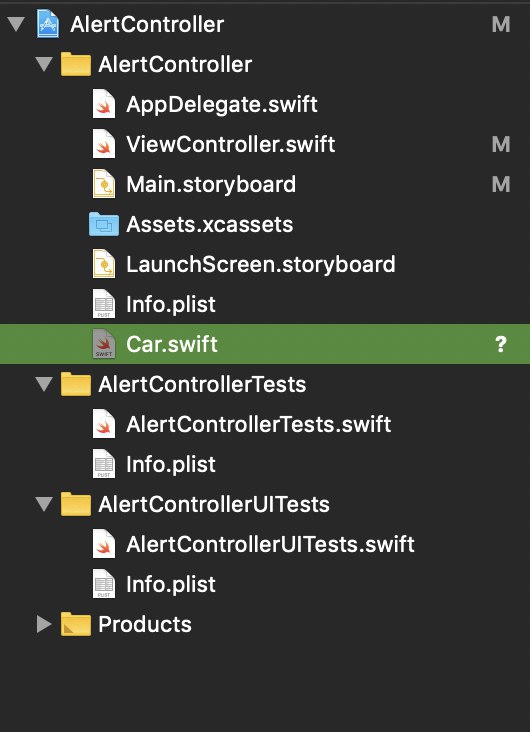KD
Size: a a a
2019 July 11
KD
я с веба пререшел на swift
KD
gthtitk
KD
перешел
SA
всем привет, не могу url в instagram, то есть мне попасть в профиль? может кто знает?
SA
всем привет, не могу url в instagram, то есть мне попасть в профиль? может кто знает?
и facebook тоже
NK
Переслано от Nikita Kharseko

Правильно ли я понял, что это 2 секции tableview? И могу ли я сделать для них show more (сворачивание и разворачивание)?
NK
ваши варианты реализации
NK
1) количество чекбоксов - динамическая величина
2) анимация скрытия-раскрытия
2) анимация скрытия-раскрытия
A
Переслано от Nikita Kharseko

Правильно ли я понял, что это 2 секции tableview? И могу ли я сделать для них show more (сворачивание и разворачивание)?
Если честно, то это больше похоже на React/Cordova и прочее
NK
A
Если честно, то это больше похоже на React/Cordova и прочее
чем?
NK
Правильно это как?
A
чем?
Отсутствие гайдлайнов, шрифтов, чекбоксов и прочего. Такое ощущение, что это сверстали на css(less/sass)+html. Либо это вообще просто дизайн, который надо воплотить
A
NK
Мего дизайнер
🅰Б
Всем привет. Взял на задание на codewars но не могу вкрутиь смылс, что делать надо)) Помоглите пжл
🅰Б
Common denominators
You will have a list of rationals in the form
{ {numer_1, denom_1} , ... {numer_n, denom_n} }
or
[ [numer_1, denom_1] , ... [numer_n, denom_n] ]
or
[ (numer_1, denom_1) , ... (numer_n, denom_n) ]
where all numbers are positive ints.
You have to produce a result in the form
(N_1, D) ... (N_n, D)
or
[ [N_1, D] ... [N_n, D] ]
or
[ (N_1', D) , ... (N_n, D) ]
or
{{N_1, D} ... {N_n, D}}
or
"(N_1, D) ... (N_n, D)"
depending on the language (See Example tests)
in which D is as small as possible and
N_1/D == numer_1/denom_1 ... N_n/D == numer_n,/denom_n.
Example:
convertFracs [(1, 2), (1, 3), (1, 4)]
Note:
Due to the fact that first translations were written long ago - more than 4 years - these translations have only irreducible fractions. Newer translations have some reducible fractions. To be on the safe side it is better to do a bit more work by simplifying fractions even if they don't have to be.
Note for Bash:
input is a string, e.g "2,4,2,6,2,8"
output is then "6 12 4 12 3 12"
You will have a list of rationals in the form
{ {numer_1, denom_1} , ... {numer_n, denom_n} }
or
[ [numer_1, denom_1] , ... [numer_n, denom_n] ]
or
[ (numer_1, denom_1) , ... (numer_n, denom_n) ]
where all numbers are positive ints.
You have to produce a result in the form
(N_1, D) ... (N_n, D)
or
[ [N_1, D] ... [N_n, D] ]
or
[ (N_1', D) , ... (N_n, D) ]
or
{{N_1, D} ... {N_n, D}}
or
"(N_1, D) ... (N_n, D)"
depending on the language (See Example tests)
in which D is as small as possible and
N_1/D == numer_1/denom_1 ... N_n/D == numer_n,/denom_n.
Example:
convertFracs [(1, 2), (1, 3), (1, 4)]
shouldBe [(6, 12), (4, 12), (3, 12)]Note:
Due to the fact that first translations were written long ago - more than 4 years - these translations have only irreducible fractions. Newer translations have some reducible fractions. To be on the safe side it is better to do a bit more work by simplifying fractions even if they don't have to be.
Note for Bash:
input is a string, e.g "2,4,2,6,2,8"
output is then "6 12 4 12 3 12"





